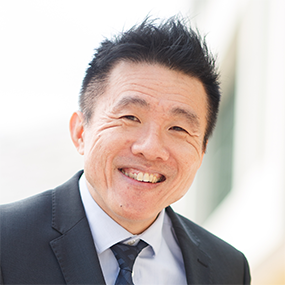
In the last decade, world events and emerging technologies have increasingly threatened existing practices and perceptions of how we live, but at the same time, offered opportunities for us to rethink and reconceptualise how we work, play and learn. This keynote address focuses on the transformation of higher education and discusses how the higher education sector could enhance teaching and learning equity, quality and efficiency by redesigning its curriculum, rethinking its assessment, and taking up the affordances of digital technologies.
Lim Cher Ping is a Chair Professor of Learning Technologies and Innovation and Associate Dean (International Engagement) at The Education University of Hong Kong and a Visiting Professor at the UNESCO International Centre for Higher Education Innovations. He has been the Editor-in-Chief of The Internet and Higher Education that is ranked number 1 in higher education for the last nine years. Over the last two decades, he has engaged major education stakeholders at the national and international levels as his research and development partners for enhancing education equity, quality and efficiency enabled by information and communication technologies.
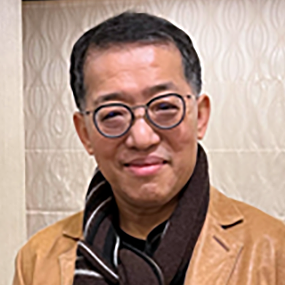
In light of the COVID pandemic, online learning has become the accepted common form of e-learning and looks to become the new norm to dominate learning practice even after COVID has become endemic. This keynote presentation firstly explores some features of good online learning during/post COVID, including the inclusion of interactivity, communication and gamification, then presents my latest development work (CloudClassRoom, CCR, https://ccr.tw) in complementing online learning; along with several empirical studies conducted during this pandemic.
CCR is written in HTML 5.0 and works on every Internet-capable device without software or plug-ins’ installation. CCR enables teachers and students to participate in question-answering activities using their own mobile devices, such as laptops, smartphones, or tablets. By this means, every student in the online learning environment can express his/her thoughts instantly and anonymously.
Furthermore, CCR provides the teacher with a general picture of student learning progress in real-time. Leveraging the capacity of mobile devices, CCR supports text and multimedia responses. Recently, a gaming feature was developed. The gaming feature can make the online learning experience more interactive and enjoyable and motivate students to learn better. CCR also incorporates communication tools (such as emoji and private messages) and AI (artificial intelligence) based chat room robots to enhance interactions between teachers and students. The features mentioned have the potential to make online learning fun and deep. Finally, I will share our vision of how CCR progress is critical during this global pandemic and how CCR can assist online learning in facing the new norm of a post-COVID-19 world.
Dr. Chang, a science education scholar at heart, currently serves at the National Taiwan Normal University (NTNU) as Chair Professor, Director of Science Education Center (NTNU), Professor of the Graduate Institute of Science Education and the Department of Earth Sciences (NTNU). Over the past few years, he has likewise been honored as a Visiting Professor at the Education University of Hong Kong as well as at Paris 8 University. His major research interests include science education, e-Learning, interdisciplinary science learning, and science communication.
Dr. Chang has authored and co-authored more than 150 articles, of which more than 125 are indexed in the Science/Social Science Citation Index (SCI/SSCI) database. He now is the Editor-in-Chief of three journals: (1) Eurasia Journal of Mathematics, Science and Technology Education; (2) European Journal of Mathematics and Science Education; (3) Educational Innovations and Emerging Technologies, as well as on the Editorial Board of three SSCI-level journals: (1) Studies in Science Education (science education); (2) Learning, Media & Technology (learning technology); (3) Journal of Science Education and Technology (science education & technology).
In February 2013, Dr. Chang's catechol-O-methyltransferase (COMT) study was privileged in a report by the New York Times Sunday Magazine and in the news featured on the Association of Psychological Science website. In 2019, the CouldClassRoom (https://ccr.tw) mobile system he and his research team developed was selected as an exemplar institution in the 2019 EDUCAUSE Horizon Report. For more information, see here.
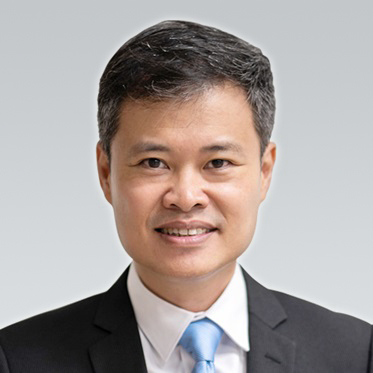
In an era marked by the rapid evolution of technology and AI, the landscape of education and work is undergoing a transformation so significant that most find it akin to a tectonic shift. In such a context, this talk explores how the profound impact of leveraging digitalisation enhances the learning experience of individual students, ultimately leading to improved academic success and wellbeing. By examining the students' digital footprints—ranging from their interactions with learning platforms to the consumption of digital content—educators will discover a student behaviour landscape that is both much more comprehensible and actionable. The integration of data analytics, real-time monitoring and personalised interventions presents a compelling narrative of adaptability and innovation in education. Educators and institutions who embrace these strategies can forge a path toward a future where student success and wellbeing are not only fostered but also propelled by the digital landscape.
Associate Professor Lee Wee Leong is the Vice President (Learning Services) at the Singapore University of Social Sciences (SUSS). Prior to this, he was the Director of Educational Technology & Production and Online Learning at SUSS. He was also an Associate Professor (Education) at Singapore Management University (SMU)'s School of Information Systems, and the Director of the Master of IT in Business (Analytics) programme. With a background enriched by extensive consultancy and training involvement, his focal areas encompass supply chain network design optimization, business process improvement, learning analytics, and creating educational games for IT project management. These impactful educational games have found recognition and adoption by institutions both locally and internationally.
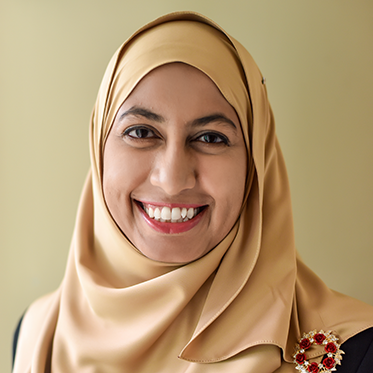
Drawing on a global research study on the future of work and education in the fourth industrial revolution, Sahara will show how digital technologies are reshaping work and labour markets in profound ways. Education has to prepare for multiplicity in how the world of work may evolve with no guarantee of a world of better work opportunities. This requires educators to be heedful of the wider structural changes in economy and society, in order to support learners to thrive and flourish in new ways. Part of the education agenda necessarily requires a creative exploitation of digital technologies to connect work, learning and teaching in fundamentally new ways to augment the development of human potential.
Sahara Sadik is Assistant Director (Research) at the Institute for Adult Learning (IAL), an autonomous institute of the Singapore University of Social Sciences. A political economy researcher, Sahara researches into the future of work, organisational change, labour markets & employability. She co-leads a global research programme on the Digital Futures of Work, that seeks a rethink of the fourth industrial revolution through a systematic investigation of the impact of digital technologies on work, education and labour markets (www.digitalfuturesofwork.com). She holds a Masters in Comparative Politics from the London School of Economics & Political Science, and is a PhD candidate at Cardiff University’s School of Social Sciences.
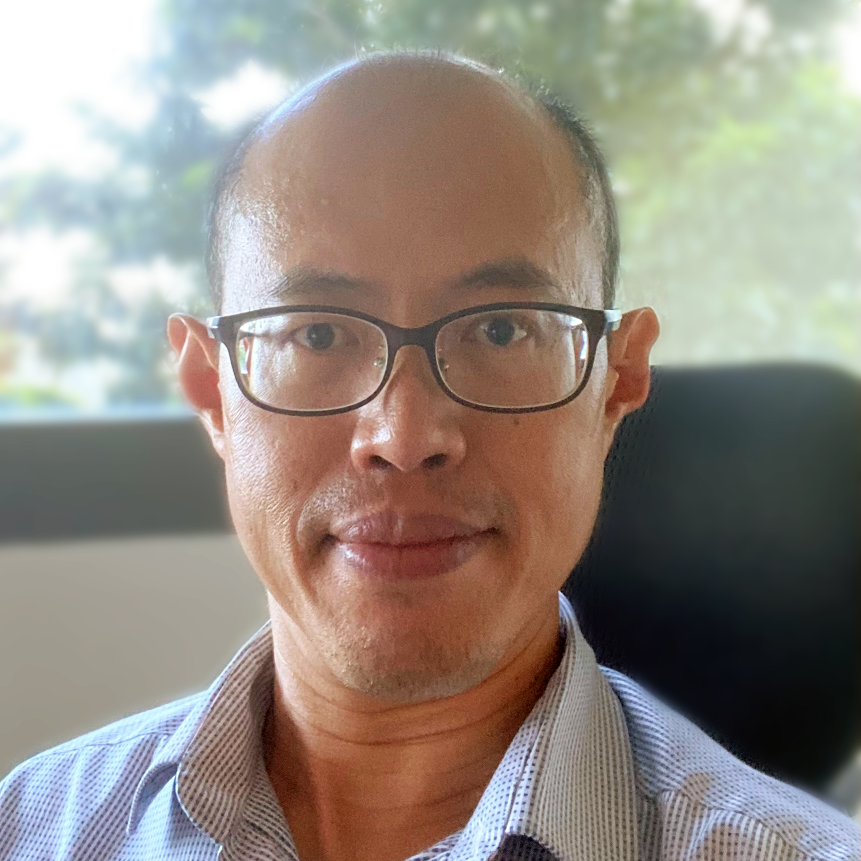
In Douglas Adams’ book The Hitchhiker’s Guide to the Galaxy – H2G2 for short – an advanced alien species builds a Super Computer. It has only one job: to find the answer to the Ultimate Question of Life, the Universe and Everything. After 7 million years of calculation, the computer finds the answer: 42. In geek culture, 42 often represents the answer to a seemingly insuperable problem.
This is why 42 is called 42. Ecole 42 is our answer to what IT education should be today and in the future. Since its creation in 2013 in Paris, Ecole 42 has been committed to offering the best tuition-free IT training to all based on strong values of inclusivity, ethnics and excellence. Instead of teachers and lectures, it uses a unique peer-learning approach and offers 100% hands-on project-based learning in a gamified environment to develop technical and soft skills needed for the industry. Chye Soon will share how 42 Singapore, a collaboration between Ecole 42 Paris and SUTD, offers a revolutionary IT learning pathway for development of future tech talent for the digital era.
Chye Soon is currently the Head of Ecole, 42 Singapore @ Singapore University of Technology and Design.
Over past two decades, he worked in both the private and public education industry, where he played key roles in starting education institutes from ground zero, both locally and overseas.
Chye Soon graduated with a Bachelor Degree in Electrical Engineering from National University of Singapore and obtained his Masters of Education from National Institute of Education.